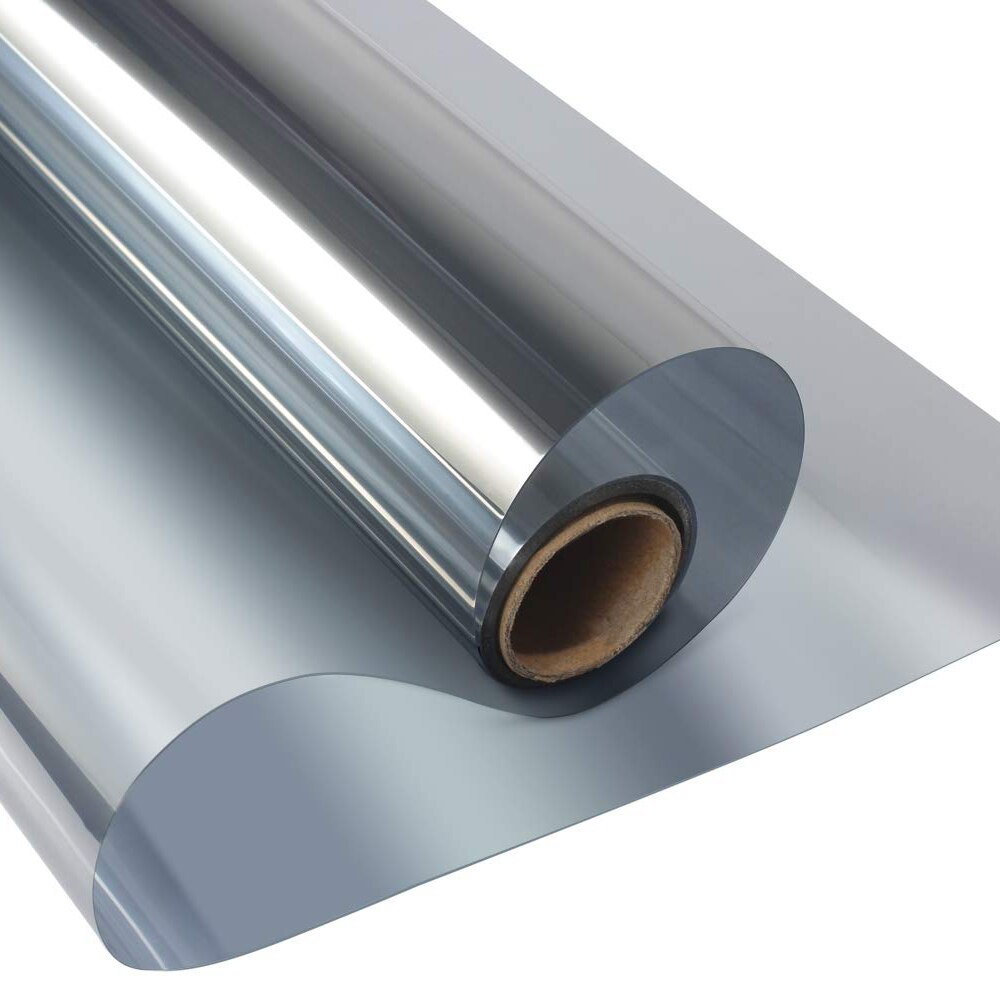Product Description
This polyester colouring film is appropriate for application wherever unidirectional visibility is needed for vehicle and field applications. The film
relies on light-weight variations to perform, ie: visibility are restricted from the facet wherever there's a larger light-weight level.
Limitations of use - Vehicles
Section thirty two of the Department of Transport Road Vehicles laws [with impact from first Jan 2004] prevents the employment of window tints on
the front screen of vehicles and restricts the employment on facet windows forward of the B posts. “… anyone to blame for the furniture of window
tints that scale back light transmission levels to below the prescribed levels [of seventieth light transmission] forward of the B post is
committing associate offence and might be prosecuted.” For a lot of elaborate data relating to these laws please contact Metamark, or the
Department of Transport. per se none of the window tints provided by Metamark area unit appropriate for application to the front facet windows
forward of the B posts.
Limitations of use - Buildings
For application to buildings care ought to be taken once applying to double-glazing as heat absorption might cause cracking. of these films will
be used on toughened glass. V-LIMO and V-SM aren't appropriate to be used on buildings with single or window unless it's toughened
glass. V-MIRR solely may be fitted to flat solid and glass however on this kind of glass, areas of partial shading will cause it to
crack. The film can have restricted performance once used on internal glazed partitions.
Application
The film ought to be applied to the within of the window. The window should be clean initial, with a razor blade or wire wool. An ammonia
solution may be accustomed take away recent adhesive or arduous to shift dirt since any blemishes can trim from the finished result. The window should
then be clean with alcohol and allowed to dry. it's best to make sure that the film is cut oversized. To align the film it will at first be aligned
at the highest edge exploitation the ‘hinge’ technique. The film is self-adhesive and provided on a skinny clear liner, that ought to be removed before
application. once applying the film use a wet application technique to saturate the glass, exploitation either application fluid or an answer of baby
shampoo and water. bear in mind that water round the fringe of the panel can cause dirt ingress therefore avoid excess fluid towards the perimeters of the
film. Squeegee the film by applying overlapping strokes from the highest centre outward in every direction then repeat down the film. A felt
squeegee is usually recommended to avoid scratching. Once applied the surplus may be cut. this may be achieved by running a squeegee down
the edge of the film at a 45º angle with a blade ironed against it.

Application to vehicles:
When applying to a vehicle window with double curvature ‘darts’ can seem. operating the film with a squeegee from the centre outward, it is
best to make sure that ‘darts’ showing within the film thanks to excess material area unit worked into a horizontal ‘fingers’ at the left and right edges of the
material. this permits the darts to be cut, and any cuts may be aligned with heater part lines. Vertical fingers may be removed by employing a
heat gun to get rid of excess material, being careful to not blister the film. a much better result might occur from heating the film from the skin or
inside, reckoning on the surplus material involved. whereas the film is best applied with the windows removed, satisfactory results may be
achieved with the windows in situ. It may be applied over car window heater parts.

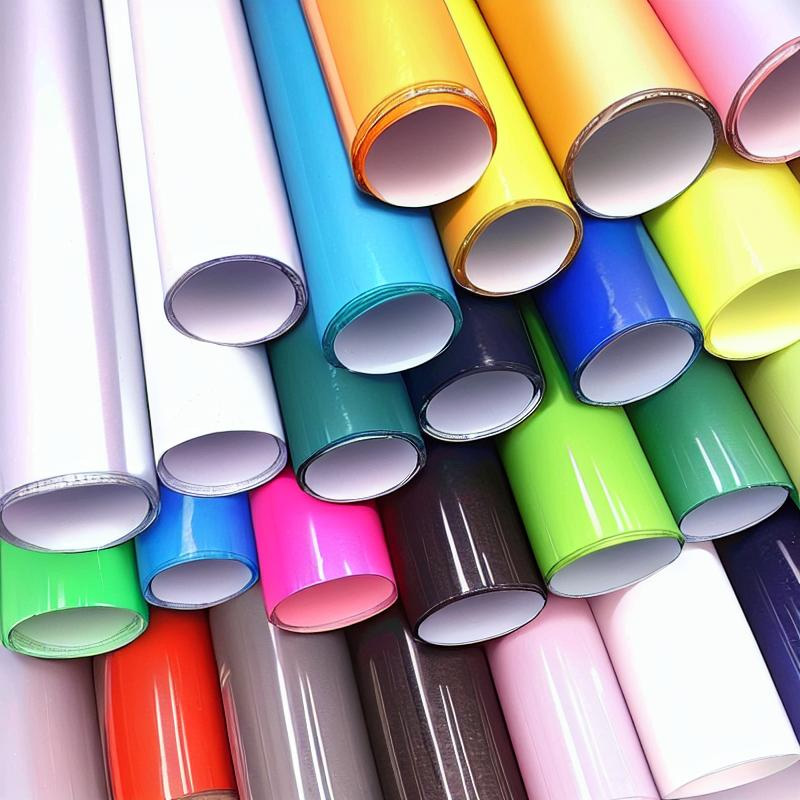
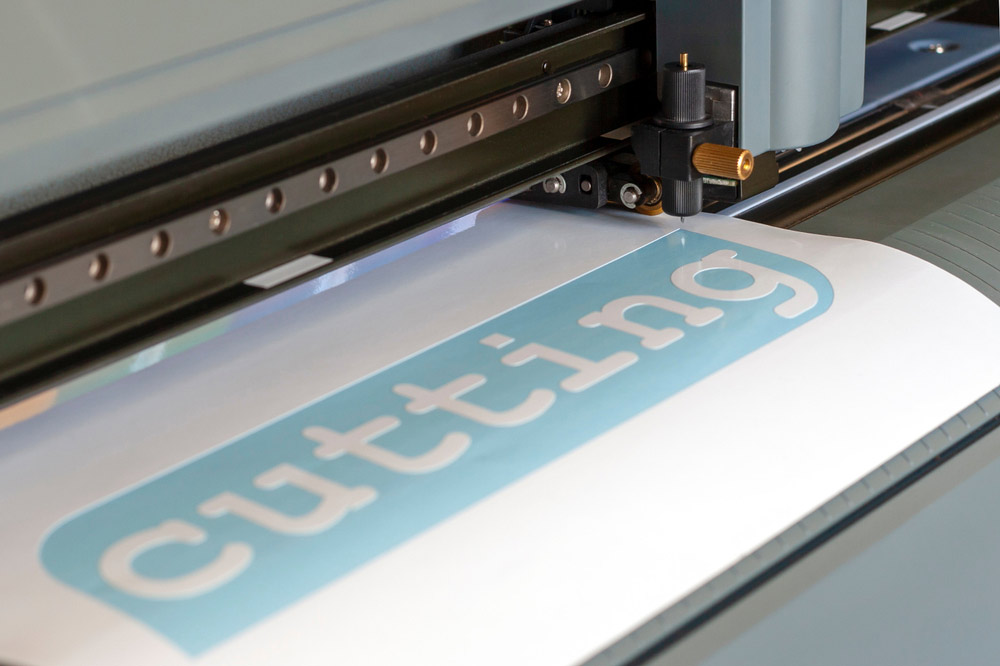
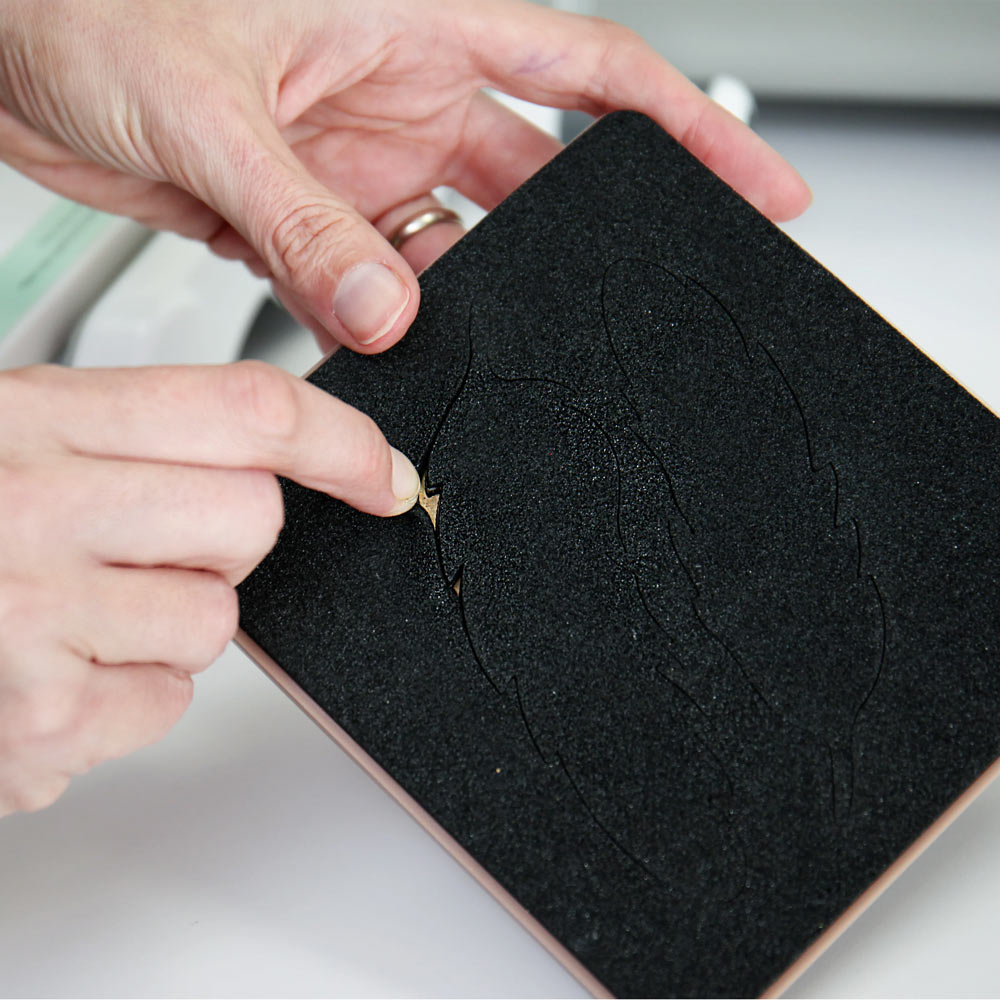

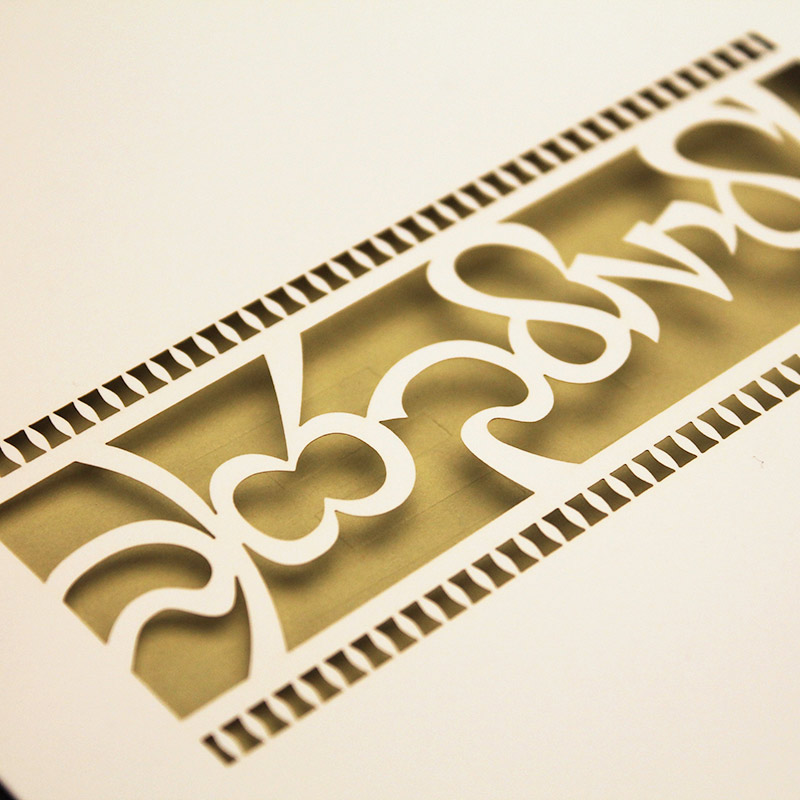

 China Import and Export Fair
China Import and Export Fair Focus On Products
Focus On Products